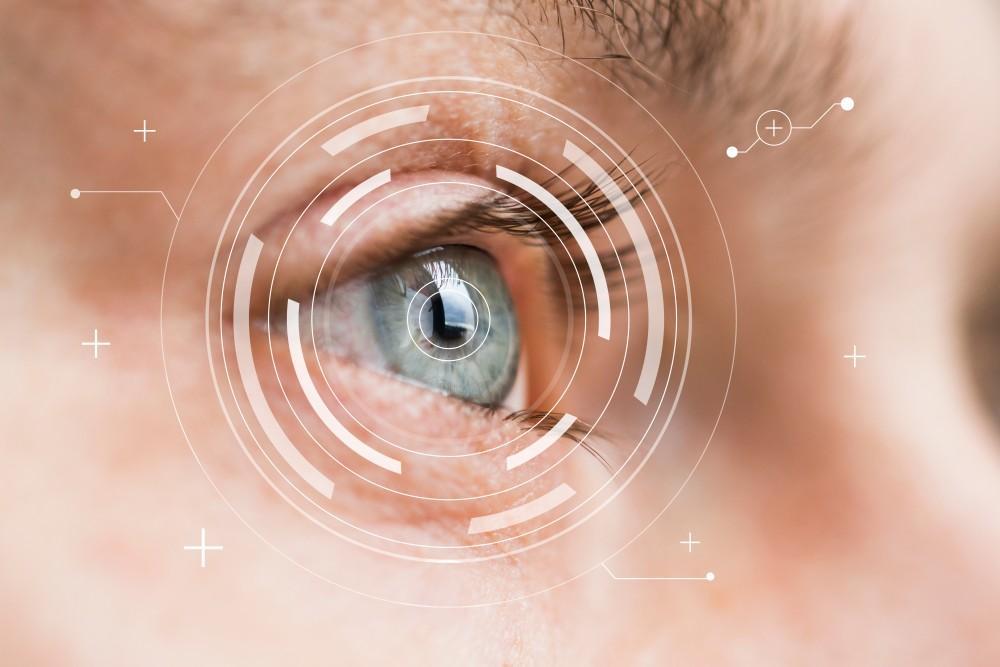
Why Are Cataracts Common In Seniors?

It’s no secret that your vision tends to worsen with age. Few people make it to their 60s, 70s, and beyond with perfect vision. But what specifically causes these changes? One of the most common eye problems in seniors is cataracts. In fact, nearly half of all adults have cataracts by age 75.
Dr. Stephen Khachikian understands the importance of protecting your vision with age. At his office in Rapid City, South Dakota, he and our team provide cataract evaluation and advanced treatment options including cataract surgery to help you maintain clear, healthy vision.
In this blog, we explain cataracts, why they’re so common in seniors, and how you can keep your eyes healthy with age.
Seeing life through a cloudy lens? It could be cataracts
Age is the biggest risk factor for cataracts because eyes go through natural changes over time.
As you age, the proteins in your eye’s lens break down and clump together, causing cloudiness. The lens also thickens and hardens, making it more challenging for your eyes to focus light clearly. Years of exposure to UV rays and oxidative stress add to the wear and tear, increasing your risk of cataracts.
Other factors can increase your risk, too. If you have diabetes, high blood sugar can affect your lens and speed up cataract formation. Smoking introduces chemicals that damage your eyes and contribute to clouding. Prolonged sun exposure without proper eye protection can also harm your lens.
Detecting the early signs of cataracts
Cataracts usually develop slowly, so the early signs can be easy to overlook. However, paying attention to small changes in your vision can help you catch them early. Here are a few signs to watch for:
- Blurry or cloudy vision that doesn’t improve with glasses or contacts
- Increased glare and halos around lights, especially at night
- Faded or dull colors that make everything look washed out
- Double vision in one eye
- Frequent changes in your eyeglass prescription
If you notice any of these symptoms, schedule an eye exam. Early detection can help you manage cataracts before they significantly impact your daily life.
Steps you can take to prevent cataracts
While aging is the main cause of cataracts, vision loss isn’t inevitable. Making smart lifestyle choices and staying proactive about your eye health can help protect your vision and slow their development. Some preventive steps you can take include:
- Wearing sunglasses that block 100% of UVA and UVB rays to protect your eyes from harmful UV exposure
- Quitting smoking to reduce the damage caused by harmful chemicals
- Managing chronic health conditions
- Eating a healthy diet rich in antioxidants, like leafy greens and colorful fruits
- Getting regular eye exams to catch early changes and monitor your vision
Stephen Khachikian, MD, can help restore your vision and keep your eyes healthy as you age. Schedule an evaluation by calling our office or booking an appointment online today.
You Might Also Enjoy...


I’m Not a LASIK Candidate. What About PRK?

Telltale Signs Your Eye Problem Is a Cornea Issue

Can You Prevent Keratoconus From Getting Worse?

Recovering From Laser Eye Surgery? Keep These Tips in Mind


